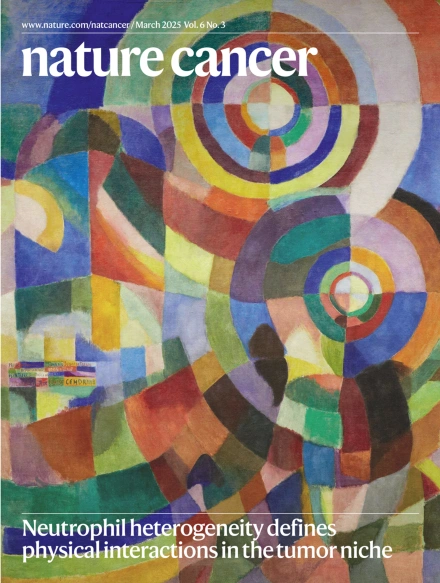LYSARC in Nature Cancer: Hope Post-CAR-T
Efficacy of Glofitamab After CAR-T Therapy Failure in Diffuse Large B-Cell Lymphoma
Diffuse large B-cell lymphoma (DLBCL) remains a complex disease, particularly for patients who relapse or are refractory after CAR-T cell therapy. Improving overall survival for these patients, who face a therapeutic deadlock, is a major challenge in oncology.
In this context, a prospective phase 2 study, led by LYSA and coordinated by LYSARC, was recently published in the scientific journal Nature Cancer on April 3, 2025. This study highlights the efficacy of glofitamab for patients with relapsed or refractory DLBCL after CAR-T treatment.
Promising Results for a Critically Ill Population
A total of 47 patients were included in this study, with significant results:
- Median overall survival of 14.7 months
- Global metabolic response rate of 76.1%
- Complete metabolic response observed in 45.7% of patients
Additionally, the treatment demonstrated a favorable safety profile. No grade ≥3 adverse events related to cytokine release syndrome or neurotoxicity were reported.
Moreover, patients’ quality-of-life scores improved from the beginning of the treatment and remained stable throughout the treatment cycles.
A Major Advancement in DLBCL Management
These results mark a turning point in the management of post-CAR-T DLBCL. They confirm the potential of bispecific antibodies, particularly glofitamab, as a promising therapeutic alternative for patients who have failed previous treatments.
This advancement underscores the importance of clinical research conducted by LYSA and LYSARC in developing innovative and effective solutions for patients with aggressive lymphomas.
Discover the article published in Nature Cancer : Article in Nature Cancer

*Copyright : ©Nature Cancer